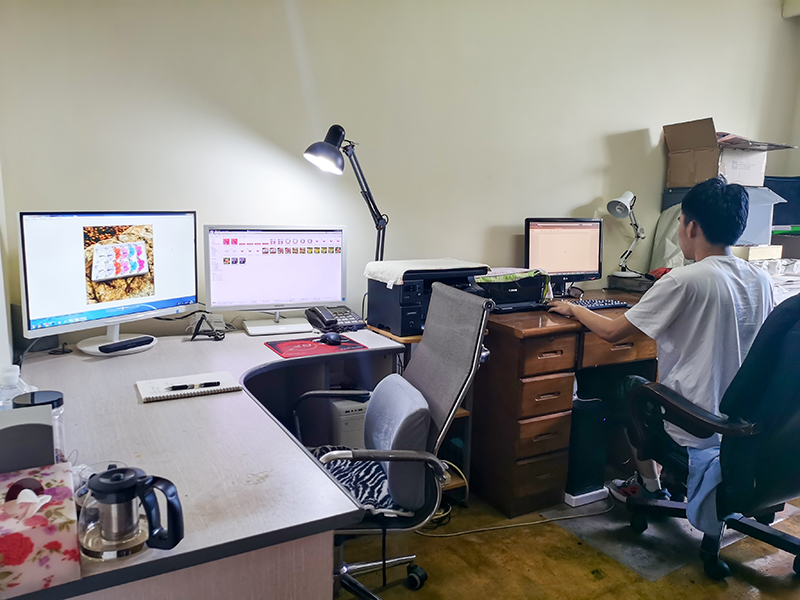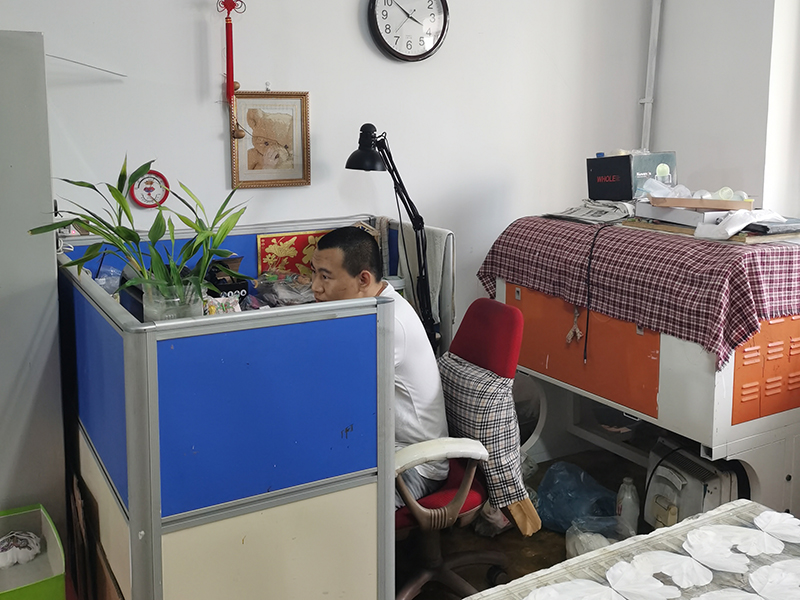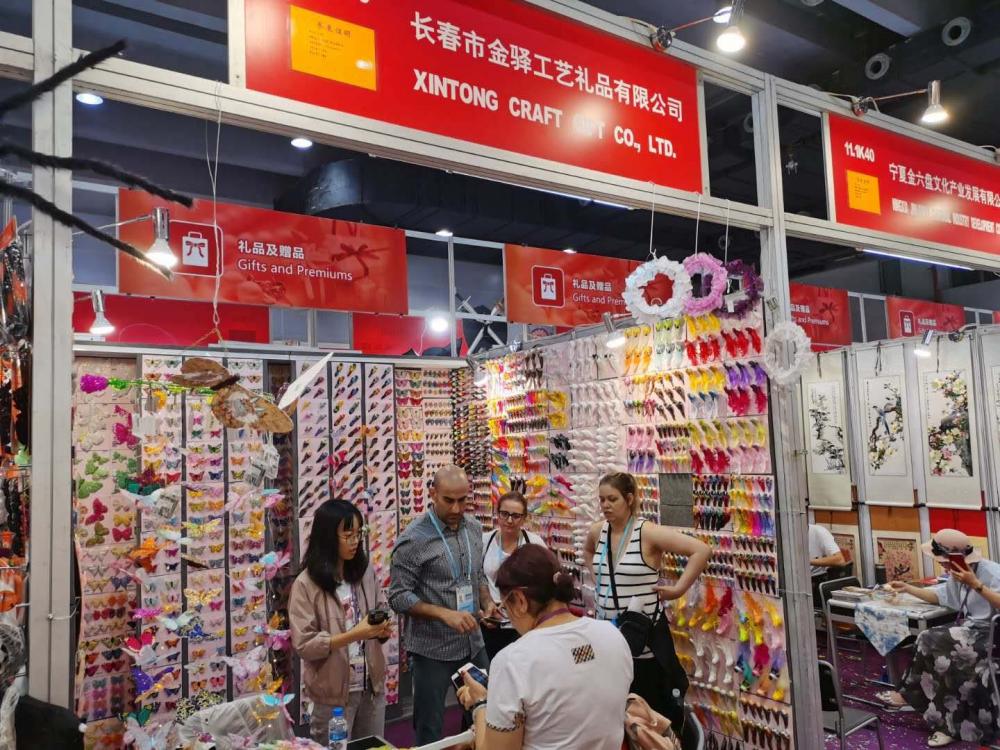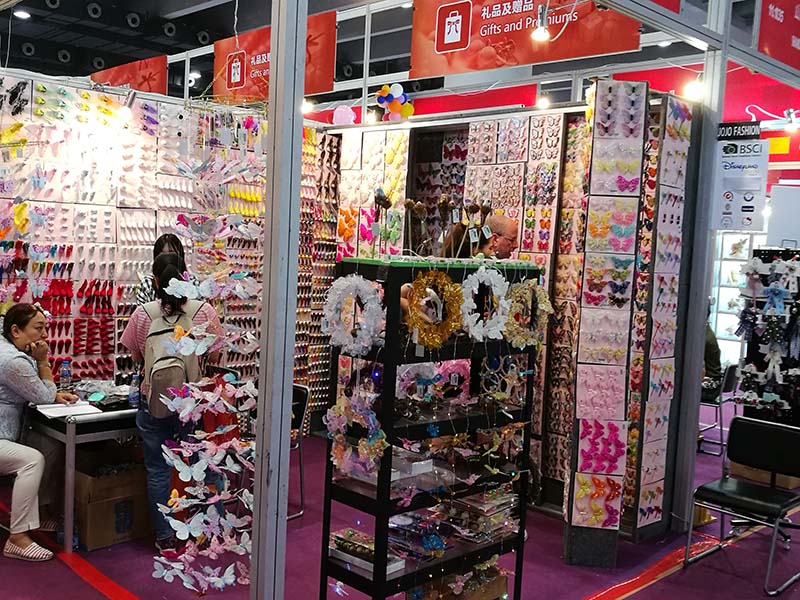Internet Adds New Model: Mobile Travel
"Mobile phone software called taxi" - this experience was the live material that the media rushed to report two years ago, and this morning has become the daily behavior of ordinary citizens in large and medium-sized cities. Imitation pigeon ornament Feather fake pigeon toy simulation peace pigeon simulation bird white pigeon hanging animal specimen.Bird's nest imitation bird's nest rattan weave imitation feather bird handicraft Easter bird cage art bird decoration.Birds, feathered birds, 10 centimeters, fake birds, bubble birds, hotel restaurants, rockery, pendulum plates, and photo props. Decorative Windmill,Singing Bird Decoration,Bird Bell Decoration,Bird Decoration Ceramic Xintong Craft Gift Co.,LTD , https://www.ychcraft.com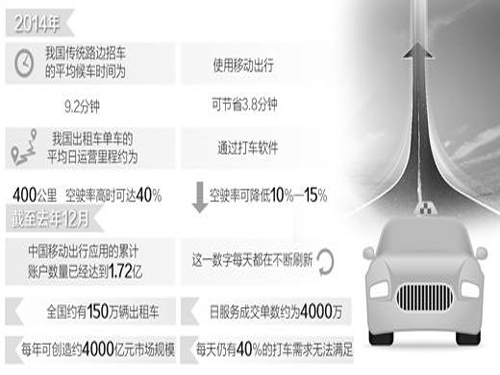
The citizens first ushered in the rapid rise of taxi drivers and other taxi drivers, and later ushered in a special car service, making it more convenient for taxi rides and more travel options. Traveling on the move, with its advantages of convenience and convenience, changes the people's travel habits. This emerging industry, such as the rise of the rocket, is also challenging the traditional interest pattern and traffic management methods of urban travel.
Taxi software, car service, travel to the new business to win a large number of consumers
During the peak hours, there were no cars, no drivers refused to load, and long queues at the airport stations.... For a long time, the difficult problem of taxis plagued many urban residents and gave birth to new market opportunities. In the past two years, the rapid development of the mobile Internet and the rapid spread of smart phones have provided the technological basis for problem solving.
Since 2012, the leased passenger service supported by mobile internet technology represented by Uber Uber has swept the world. In China, drunk, fast taxi drivers have become the earliest early adopters.
“Accurately speaking, we are an information service platform for mobile Internet travel.†Zhu Pingdou, deputy president of Didi Chu said that the original intention of taxi software is to make the road more efficient by matching the information of drivers, vehicles, and passengers more efficiently. The flow of people will be passed faster, thereby alleviating the difficulty of taxiing.
Indeed, the mobile travel platform improves the success rate of the user to hit the car, saves taxi time, and greatly improves the planning and controllability of travel. According to the 2014 Mobile Travel White Paper of the Tsinghua University Media Survey Laboratory, the average waiting time for Chinese traditional roadside taxis was 9.2 minutes in 2014, while using mobile travel saved 3.8 minutes.
"On the Internet, you don't know that I am a dog; but on the mobile Internet, there are exact people behind every mobile phone." Zhou Qiren, professor at the National Development Institute of Peking University, believes that the reason why mobile internet is invincible in many industries is that The reason is to reduce people's trust costs. Specific to the taxi software, the user can clearly know the brand, model and car number of the boarding vehicle, the driver's name and mobile phone number, and the security and reliability are greatly improved.
The rise of taxi software has also greatly improved the operating efficiency of traditional taxis. “Before doing 'awards', the efficiency is too low, and often cannot be pulled out for a long time; now there are good things to do, and if you have a good life, go grab a single.†The owner of the Beijing Yinjian Taxi Company told the reporter that now more than 40 single businesses a day More than half of them come from online orders. According to statistics, the average daily operating mileage of taxi cabs in China is about 400 kilometers, and when the empty driving rate is high, it can reach 40%. However, by using taxi software, the empty driving rate can be reduced by 10% to 15%.
Where there is market demand, where the boat of innovation will go. After August 2014, with the launch of dedicated car services targeting mid to high-end travel markets, such as DDT, Fast, etc., innovation out of the mobile industry is no longer confined to optimizing the allocation of existing taxi resources, but extends to the introduction of new service providers. Up - rental cars, etc. can also become travel service providers.
In the words of Zhu Pingdou, the special car allows people to travel "comfortably and gracefully". Such an experience is exactly what taxis have failed to provide for years. “Service is our greatest competitiveness.†Master Li, who opened a special car in Nanjing, said that every driver must pass etiquette and other training before starting work. He must not make a phone call while driving, and the car is also equipped with free mineral water and paper towels. Charging lines, umbrellas, etc. Of course, the price of a car service will generally be 30%-50% higher than a taxi.
An innovative move aimed at market pain points captured a large number of users in a short period of time. As of December of last year, the cumulative number of accounts used by China Mobile has reached 172 million. Right now, this number is constantly refreshing every day.
The competition is fierce, the variables remain, and the new business encounters growing pains.
It seems that from the time when it was born, "burning money" and "subsidy war" have been accompanied by the growth of the special car market. The threshold of huge investment also makes taxi software “concentrate†from a maximum of 30 kinds to a few. Although this year's "Valentine's Day", the "subsidy war" two major protagonists dip and quickly announced the merger, but the fight for input did not immediately die. One of the reasons is that more competitors have joined the new round.
In January of this year, China Shenzhou Car Rental announced the simultaneous launch of Shenzhou Special Vehicle Service in the 60 major cities across the country and entered the Internet special car market. “Due to the current special car source in China, part of it is fixed vehicles to ensure normal demand; part of the vehicles are temporarily deployed during peak hours, including short-term rental vehicles at short-term, and idle short-term vehicles between two orders.†According to Lu Zhengyao, chairman and CEO of the board of directors of the rental car company, the special car will not only enable Shenzhou Car Rental to enter a more innovative business model, but also gain a greater competitive advantage through synergy effects and lower operational risks.
"We haven't made a profit yet. Because we have to invest subsidies, the larger the transaction volume, the more the losses will be." Zhu Ping told reporters that Didi could get more than 10% of the commission from each single car transaction, but this is far from recovering. The degree of cost. The newly added Shenzhou Special Vehicle is expected to develop about 50 million customers this year, with a total subsidy of 50 yuan per customer, and the total investment will be as high as 2.5 billion yuan.
The reason why companies invest heavily in advance is undoubtedly taking into account the bright future of the industry. According to statistics, there are about 1.5 million taxis nationwide, and the number of daily service contracts is about 40 million. This can create a market size of about 400 billion yuan each year, but 40% of the daily taxi demand cannot be met. "At present, there are only 200,000 special order orders per day, and it is still in its infancy. It will surely be orders for millions or tens of millions in the future," said Zhu Pingdou.
The outlook is worth looking forward to, but the reality is worrying. One of the biggest focuses is whether private cars can provide special car services. The policy trend largely influences the competitive landscape of the future mobile travel market.
Regarding the special car attitude, the overall attitude of the Ministry of Transport is “to encourage innovation and standardize management†and believes that all kinds of special car software “have a positive effect on meeting the high quality, diversification, and diversity needs of the transportation market.†At the same time, Whether the car can access the platform, the competent authorities resolutely - "no."
In reality, except for a small number of enterprise systems such as China Autos, there is “not a private car and all are regular rental vehicles.†On platforms like Dripping, Fast and Easy to Access, there are still many private cars passing the “Four-Party Agreementâ€. "The actual provision of services. The "Four-Party Agreement" means that the private car platform first anchors the private car under the name of the leasing company and then employs the owner through the labor dispatch company, thereby signing an agreement signed by the software platform, the car rental company, the labor dispatch company, and the driver. Is the private car on the access platform a "black car"? Special car service platform companies are also waiting.
The game between old and new interests is fierce, and many problems test the wisdom of supervision
“In the past years, Internet companies represented by BAT have developed very well. The great feature is that it is doing incremental and the impact on traditional industries is not very great. But 'Internet+' will make information productivity and the existing market There was a conflict," said He Xia, deputy chief engineer of the Institute of Telecommunications of the Ministry of Industry and Information Technology.
The most intuitive manifestation of the game and conflict between old and new interests is the protest behavior of taxi drivers. At the end of the year and a few years ago, taxis were hoisted to varying degrees in Shenyang, Hangzhou, and Nanjing. The buddies protested, in addition to the excessively high amount of money, they also directed their spearhead to the "grabbing business" car service.
On the one hand, it is the “regular force†that obtains franchising, while on the other hand, it is a “new force†who can use the money without having to pay for it. The rapid development of the mobile travel market has shaken the pattern of intrinsic interests and forced the reform of the urban transport industry. Is it necessary to control the number of taxis? Can industry franchise be liberalized? How should the car service be standardized? Many problems lie ahead and test the wisdom of city managers.
"The Internet and cloud computing have eliminated the uncertainty in the traditional taxi behavior." Zhang Guohua, dean of the Transportation Research Institute of the National Development and Reform Commission, believes that "from the theoretical basis of economics, taxis are value-controlled, quantitatively-controlled, and corporate-operated. The theoretical basis no longer exists." In Zhang Guohua's view, the government should stand in the perspective of market supervision rather than using administrative means to directly interfere with market development. "How private cars join the special car market requires a certain amount of time to discuss and improve policies. After all, their competition with traditional car rental in terms of management costs, money, etc. is unequal."
“The emergence of commercial special vehicles has impacted on the inherent franchise of taxis, making it impossible for taxis to operate in the form of monopoly prices and unfair trades.†Kong Weiguo, executive vice president of the China Road Traffic Association, believes that, from the actual development of the industry, There is no capacity for taxis to meet market demand, especially for the market demand for mid-to-high-end commercial vehicles. “The government should look ahead and have a comprehensive strategy, clearly define the positioning of the industry, formulate rules, and implement management.â€
"'Internet + traditional industries' supervision should have three goals: one is to maximize the interests of consumers, the second is to help the development of the industry, the third is to protect the network and information security." He Xia suggested that for the Internet car and traditional taxi The regulatory authorities should coordinate the relationship between the old and the new. “You can call everyone together to discuss a pilot approach and try to do something for a while. Not only meet the increasing demand of consumers, but also strive to do the industry and promote Traffic is more abundant."
Some experts also said that for the supervision of a new type of special car, it is possible to allow different cities to explore different plans according to their own circumstances. "There is no need for a one-size-fits-all approach." 